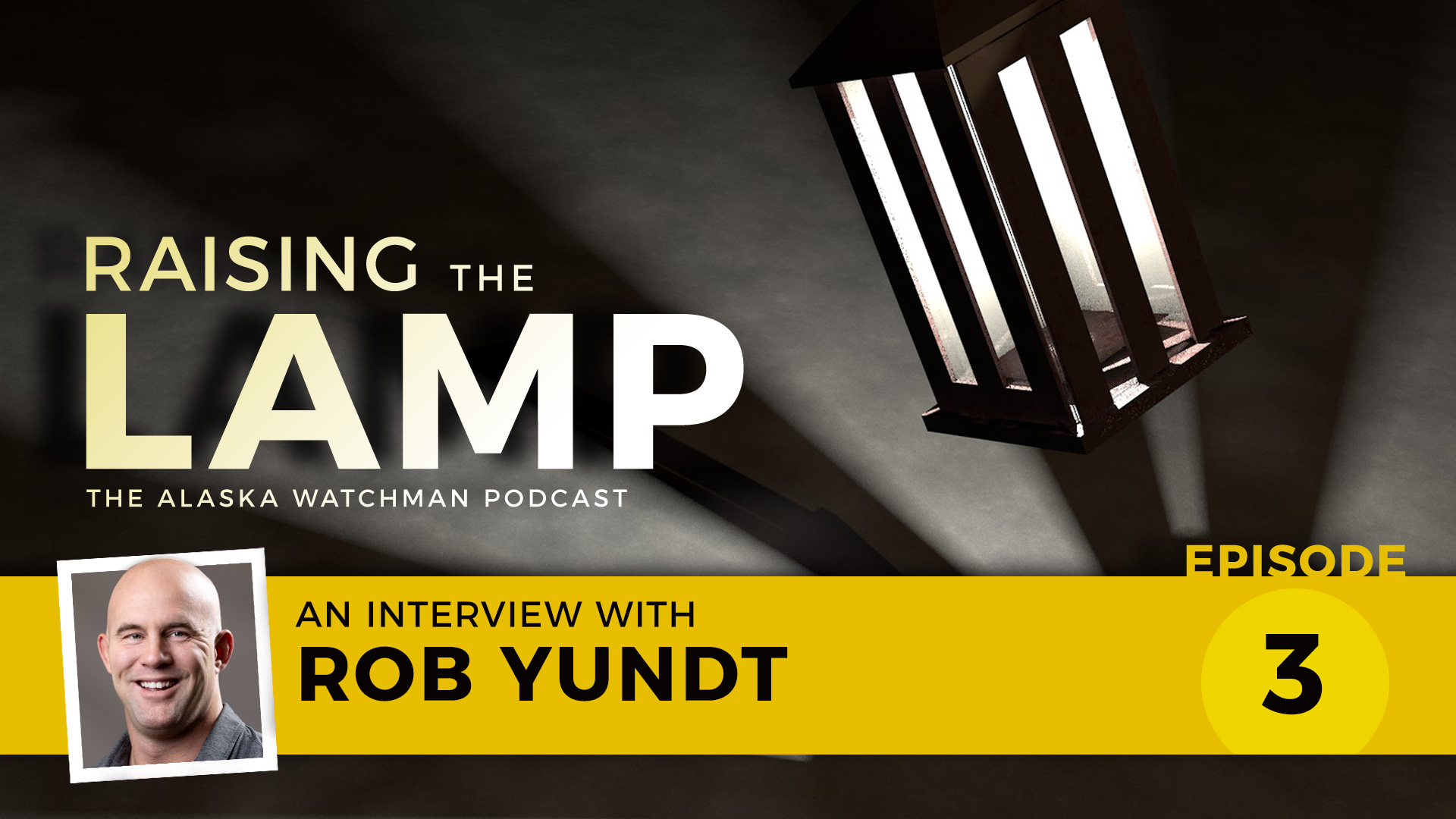
On Nov. 3, Alaskans will vote on whether to fundamentally alter how elections are conducted. In an effort to inform Alaskans about the serious consequences of approving Ranked Choice Voting (RCV), the nonprofit think tank Alaska Policy Forum has released a new report detailing the many flaws with the proposed scheme. The report focuses particularly on how the RCV method of determining a winner results in discarded ballots, elections that do not result in a majority winner, and how it can completely change the outcome of an election.
A voting system that frequently results in the discarding of legally submitted ballots has no place in Alaska…
The Alaska Policy Forum study examines data from 96 elections in which RCV necessitated additional rounds of tabulation in order to determine a winner.
In some races, nearly 18% of votes were not counted in the winner-determining round of tabulation. Known as ballot exhaustion, the discarding of ballots is inherent to the ranked-choice voting process.
“A voting system that frequently results in the discarding of legally submitted ballots has no place in Alaska or anywhere else in the United States,” said Melodie Wilterdink of the Alaska Policy Forum. “After researching candidates, going to the polls, and voting, no Alaskan should have to worry that their ballot won’t be counted in the final tally.”
ALASKA WATCHMAN DIRECT TO YOUR INBOX
The study, done in conjunction with Maine Policy Institute, also found that RCV often fails to result in a majority winner, as its supporters claim. In fact, in nearly 40 percent of the elections analyzed, the “winner” received less than 50 percent of the total votes cast.
Perhaps most importantly, the study examined how often RCV produces a different electoral outcome, and found that in 17% of the elections analyzed, RCV resulted in a different outcome than a traditional plurality election would have.
The full report is available here.








5 Comments
If Begich and Parnell are vehemently opposed to this — then you know you should vote for it!!
Not really it all comes down with the ability of the voter to determine the best winner from 1-3 or 4 candidates. If I do not like or the other candidates do not represent my values and I do not rank any of the eithers and my choice is knocked out in the first round then my vote has not counted and that is not the way our Constitutional Republic is designed. We have been voting this way for hundreds of years and now a small minority of the population want to throw this out I say now way I will be voting NO on this Ballot Measure.
Perhaps Begich and Parnell are finally right about something.
Vote NO! NO! NO! I do not want my vote to not be counted if my #1 choice doesn’t get over 50% of the votes. I do not want choices 2,3, or 4. I want only my #1 choice. This is nuts. I don’t even like #’s 2,3 or 4. Why would I even want to put them in any sort of order.
This is absolutely ridiculous, there is no 2nd or 3rd. Choice, the winner of an election should be determined in first round. This what if scenario should be a no vote on this none constitutional voting.